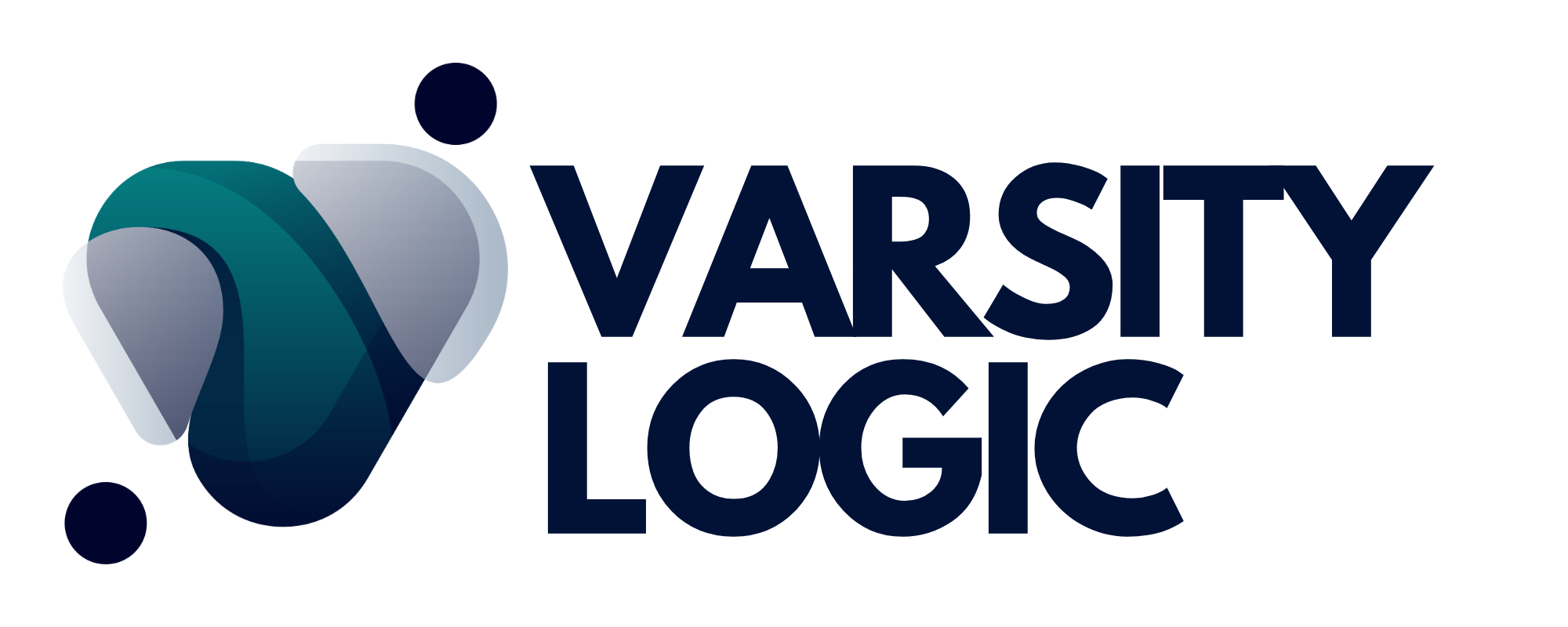The Future of Remote Learning in Tech Education: Opportunities and Challenges
Remote learning has transformed tech education, offering unprecedented flexibility and accessibility. As technology advances, educators and students face both exciting opportunities and significant challenges in the online learning landscape. Understanding these dynamics is crucial for maximizing the benefits of remote tech education.

Opportunities
1. Global Access: Remote learning breaks down geographical barriers, allowing students from around the world to access high-quality tech education. This global reach fosters diverse perspectives and broadens opportunities for collaboration.
2. Flexible Scheduling: Online platforms enable students to learn at their own pace and on their own schedule. This flexibility is particularly advantageous for balancing studies with work or other commitments.

3. Innovative Tools: Virtual labs, simulations, and interactive platforms can enhance the learning experience by providing hands-on practice and real-time feedback. Tools like coding sandboxes, virtual reality environments, and collaborative coding platforms offer immersive learning experiences.
4. Scalability: Online courses can reach a large number of students simultaneously, making it easier to scale education programs and democratize access to tech training.

Challenges
1. Engagement and Interaction: Maintaining student engagement and interaction in a virtual environment can be challenging. Educators must find effective ways to facilitate discussions, group work, and practical exercises remotely.
2. Technical Issues: Reliable internet access and familiarity with online tools are essential for remote learning. Technical difficulties can disrupt the learning process and create barriers for some students.

3. Complex Subject Matter: Teaching complex technical subjects, such as advanced programming or system architecture, online requires careful planning. Educators must design interactive and practical exercises that translate theoretical concepts into hands-on experience.
4. Assessment and Feedback: Evaluating student performance and providing timely feedback can be more challenging in an online setting. Educators need to develop robust assessment methods that accurately measure student understanding and progress.

The future of remote learning in tech education is promising, with numerous opportunities to enhance accessibility and innovation. However, addressing the challenges of engagement, technical issues, and effective teaching methods is essential. By leveraging advanced tools and adapting pedagogical strategies, educators can deliver high-quality tech education and prepare students for the ever-evolving tech landscape.




